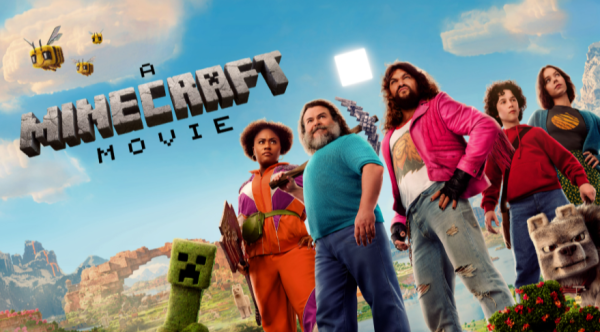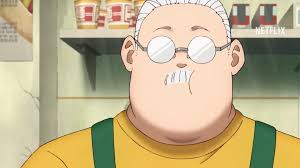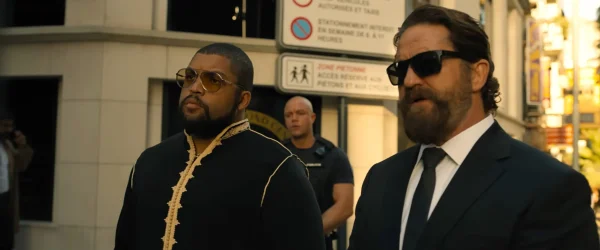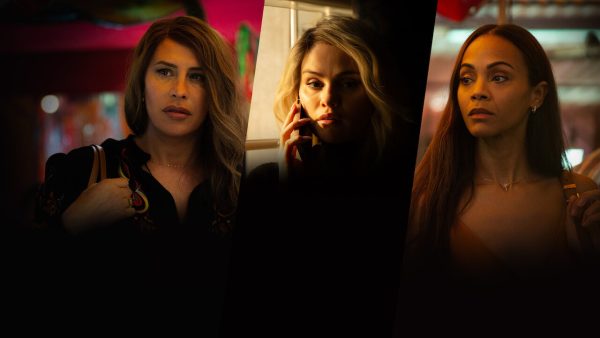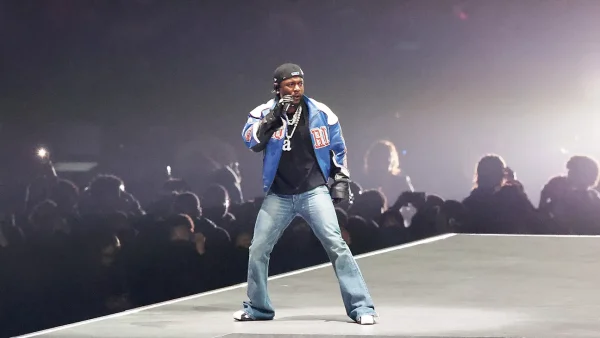A straightforward and electrifying series: Juvenile Justice
On February 25, Netflix released its latest K-drama TV show entitled Juvenile Justice, which features Kim Hye Soo, Kim Mu Yeol, Lee Sung Min, Lee Jeong Eun, Kim Young Ah, Shin Jae Hwi and more as they display different aspects on how and why the juvenile delinquent is the way they are and how the judgment of adults can affect their behaviour.
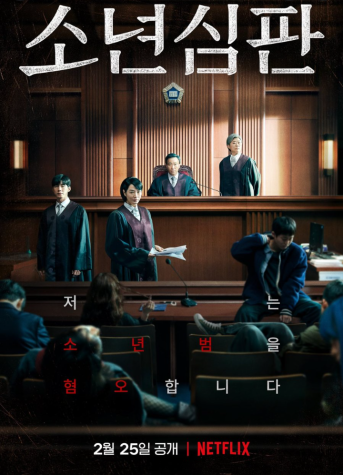
In the show, the purpose of the juvenile law is to provide the proper environment in which anti-social juveniles can correct their behaviour, so it’s the judge’s duty to manage and supervise them. They need to see if the young offender is adjusting well and to make sure the young offender doesn’t run away or commit another crime. The judge in charge needs to constantly manage and supervise them. Why does the judge do that when the trial is over? And the juvenile court’s goal isn’t to criticise them? Why did Sim Eun-Soo choose to be a juvenile court judge?
Juvenile Justice began as a solid effort at a problematic juvenile act that attempts to better the lives of young criminals but fails because it allows them to get away with their crimes. The plot remains true to the original script, with the exception of a few unnecessary twists.
The main character, Sim Eun Seok (Kim Hye-soo), is an appointed judge in a juvenile court in the Yeonhwa district. She has a unique personality and she has a profound dislike for juvenile criminals, believing that their youth does not justify the crimes they have perpetrated. She is certain that plenty of adolescents exploits the Juvenile Justice system’s lenient sanctions in order to commit a variety of crimes without fear. As a result, the judge tackles the matter before her with willpower while being extraordinarily calm, inspired by the deep sense that the law must be followed and that’s that.
Kim Hye-soo, who is also featured in The High Rollers, The Thieves, Coin Locker Girl and Familyhood as well as television series Signal and Hyena. In this show, She is known for her versatility and acting range. In Juvenile Justice, she did her role perfectly. She portrayed her role to the point where she is believable and most people will accept and follow her point of view or belief towards juvenile offenders. She has a tough time as a judge balancing her aversion to minor offenders with firm beliefs on justice and punishment as she tackles complex cases inside a juvenile court.
Another main character is Cha Tae Joo, played by Kim Mu Yeol. He is a judge who works with Sim Eun Seok and looks at each case from a different perspective. He played an important role in the lives of juvenile delinquents who wanted to change their lives for the better. As an individual who was in an abusive household, he can relate to the abused children that were pursued to become delinquents.
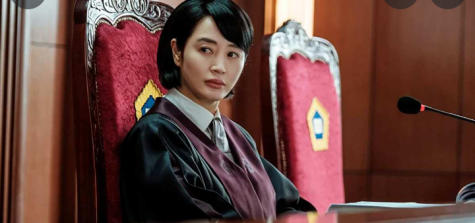
Kim Mu-Yeol, also known for The scam, War of the Arrows, A muse, Northern Limit Line and other movies/shows. He also had a successful career in musical theatre, He was named Best Actor at the 2009 Korea Opera Awards for his performance as Melchior in Spring Awakening, a rock musical about teenage pregnancy, sexual and physical abuse, and homosexuality. It is shown in the series Juvenile Justice and some of the major reasons why children become delinquents. He portrays his role skillfully which allows many ex-juvenile criminals to reconsider whether to go back to their old ways or find important things to do to better themselves.
There are both positive and negative aspects to the series, Juvenile Justice. The series keeps the viewers hooked as we wondered why is “Judge Max” (Sim Eun Seok) the way she is? The way each case is entirely different from the previous one gives a sense of fresh relief to the audience.
The informal style of the series also makes it a very easy binge. Along with an unpredictable twist, there is a moral message in each case, asking what are people capable of?
The writers did a good job in characterizing the actor individually, especially “Judge Max” (Sim Eun Seok) who stands on the same ideology from the beginning of the story but with a different motive and attitude at the end.
The negative aspect in the series is how each episode made the audience feel, it will also be a positive aspect because sometimes you will just be happy with the judgement of Judge Max (Eun Seok) say they deserved it, but the negative aspect will make you wonder is it how and why did these children come in conclusion in making such a weighted decision? Is it the parents’ fault? But these all are the anger and the mixed feelings and questions you get while watching the series.
As we connect the series “Juvenile Justice” to the real world, there are many crimes from teenagers that are caused by adults such as domestic violence and also the children themselves. The most common problems they do are called “status offences,” and they include truancy, running away, curfew violations, underage liquor law violations and many more. These cases, 82,400 (or nearly 60 per cent) resulted in young people being adjudicated, or found guilty, of committing a status offence and the Republic of Karelia in Russia has the highest juvenile crime rate in 2021. The series juvenile justice 11/10 rating for me and I will recommend it to anyone.
Your donation will support the student journalists of Parkdale High School. Your contribution will allow us to cover our annual website hosting costs and publish some printed editions, as well.
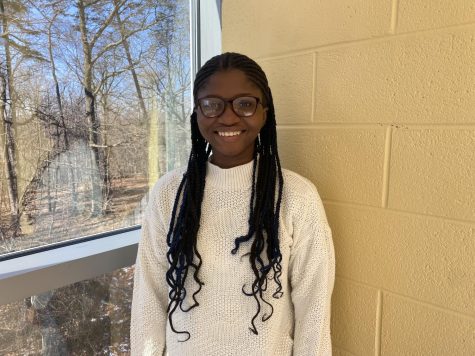
She goes by Ruby a talkative and outgoing representative of the class of 2023. An assistant security officer S2 for JROTC in Parkdale. This is her first...

